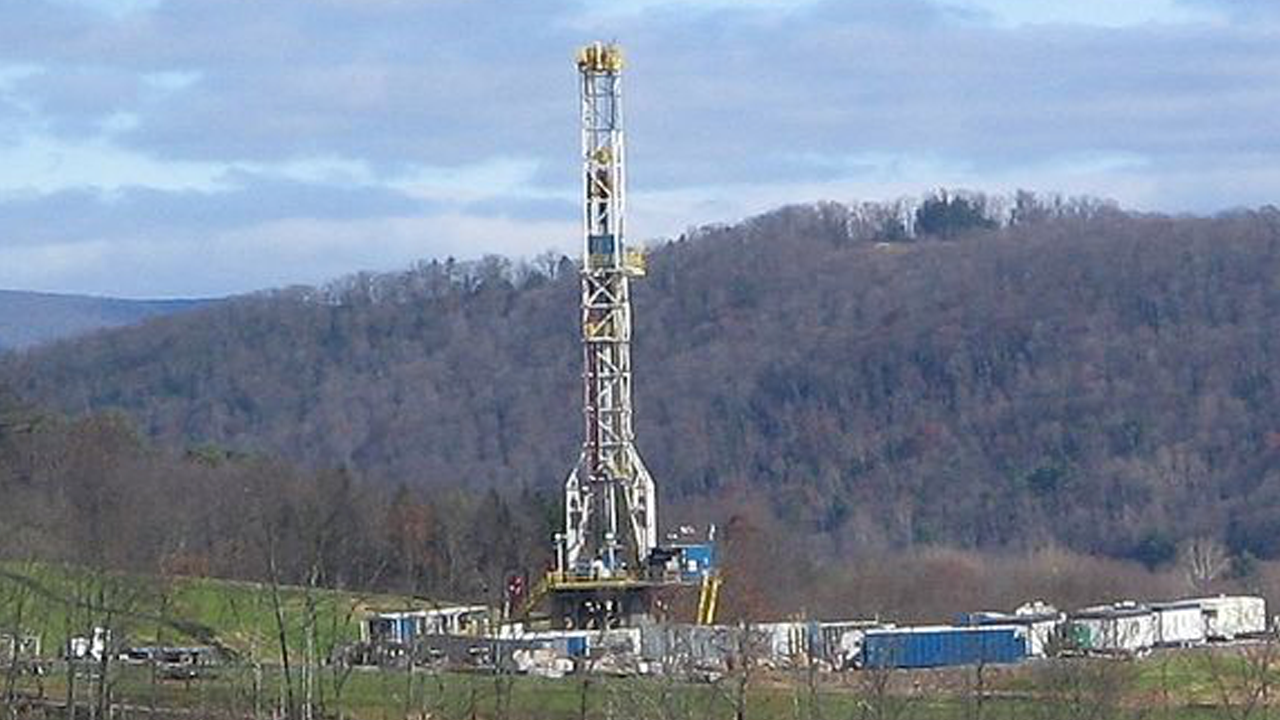By: Ted Tredennick and Elliot Deese
(DT previously blogged on this developing legal topic on April 26, 2018 and Feb. 7, 2019.)
Last week, the Pennsylvania Supreme Court heard oral arguments in a case with wide-reaching implications for the entire hydraulic fracturing industry.1 As discussed in previous blog posts, at issue is:
Whether the rule of capture precludes trespass liability for hydraulically fractured wells draining oil & gas from neighboring properties.
In existence for over 150 years, the legal doctrine known as the rule of capture states a landowner is free to drill as many wells on his land as he chooses even if such wells inadvertently drain minerals from an adjacent landowner. While this doctrine has traditionally served as a bulwark against trespass liability on drillers tapping into oil & gas pockets across property lines, the Pennsylvania lower appellate court overturned decades of precedent and found the rule inapplicable.
Robert Byer, attorney for defendant Southwestern Energy Corp., argued that refusing to apply the rule of capture to hydraulic fracturing and allowing “tres-frac” actions to proceed would release an onslaught of litigation and “upend the economic viability of the natural gas industry in Pennsylvania.”
For their part, the justices primarily focused on practical concerns, including how a potential plaintiff would prove a trespass occurred or adequately calculate damages against a driller.
Lawrence Kelly, attorney for plaintiff Briggs, likened the particles injected into the ground by fracking drillers, known as “proppants,” to a wellbore crossing from one property into another. In his view, “The proppants serve the same purpose as a drill-bit.”
Kelly argued how drillers usually know where wellbores are located relative to property lines, and are able to project how far fracking fluid and proppants are likely to travel. He further explained damages could be calculated by looking at the total area that had been fracked in order to determine what percentage was located beneath a property not under the driller’s control.
In response, Byer maintained subsurface activity in the context of fracking is “unknowable and unprovable.” Byer added, “The molecules are not tagged, there’s no way of knowing where they’re coming from.”
With an ultimate decision looming, all eyes are on the Pennsylvania Supreme Court as it determines the fate of a “tres-frac” cause of action. If the Pennsylvania Supreme Court finds for plaintiff Briggs and departs from the Texas Supreme Court’s 2008 ruling that the rule of capture does apply to hydraulic fracturing, a wave of trespass litigation will certainly result in Pennsylvania and possibly other states—like Texas.
1 Adam Briggs et al. v. Southwestern Energy Production Co., case number 63 MAP 2018, before the PA Supreme Court.
